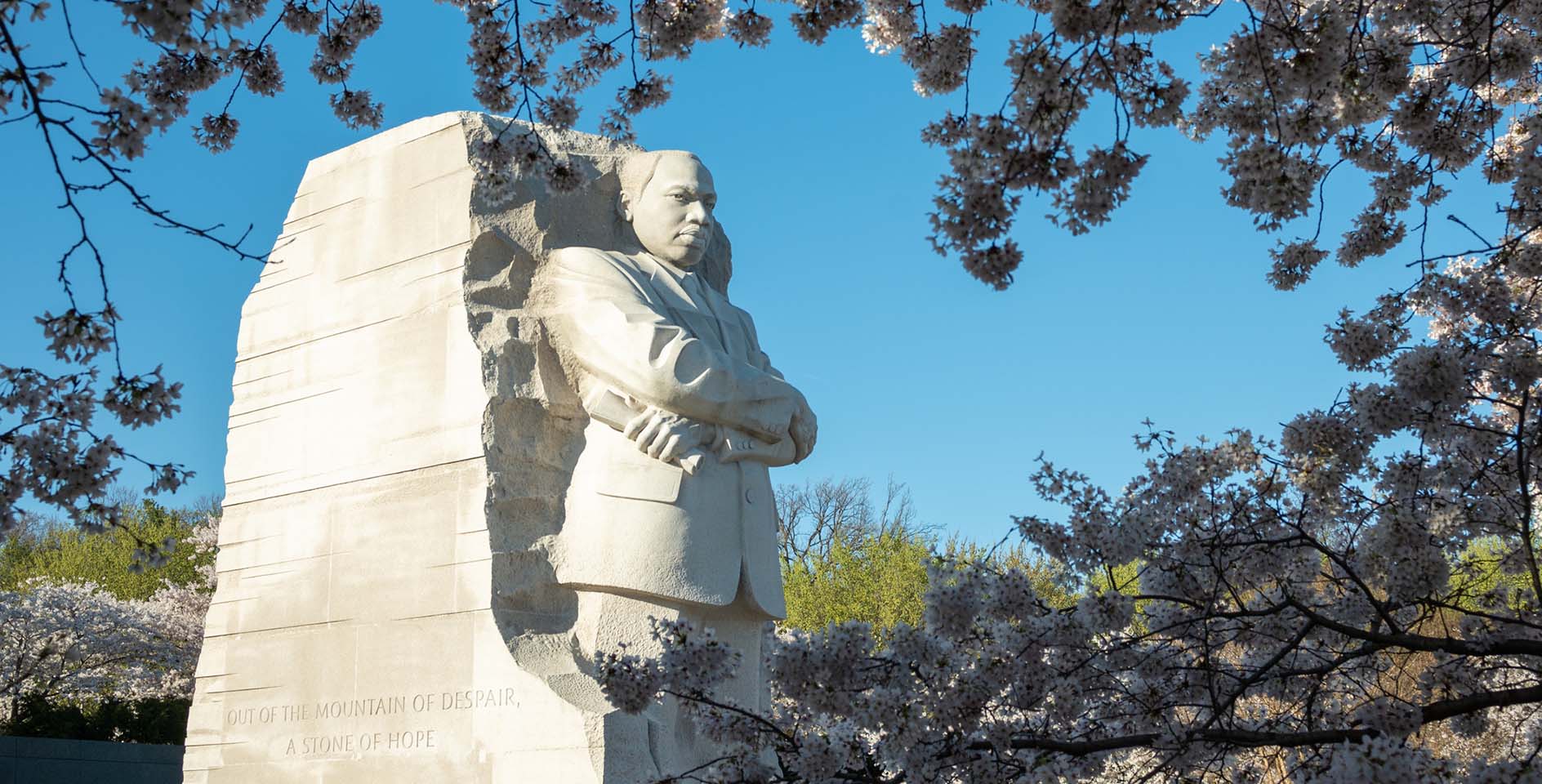I remember the moment when it hit me as to just how alienated our culture was from Christian teaching on marriage and sexuality. A friend of mine in graduate school was in a serious relationship with a lovely young lady. He was a bright, young Ph.D. student from an excellent evangelical college in the Midwest. She too was very bright, a Princeton undergraduate student from the South with aspirations to go to law school. They were committed to each other, committed to their Christian faith, and they each had promising career prospects ahead of them.
They were also a curiosity. For their peer group at Princeton found their relationship to be very odd. Before they were married, and while they were living in the same town, they were outliers in the campus culture because they were not living together or even having sex. Then, to make matters even more strange, after getting married my friend’s wife was accepted to a prestigious law school some hours from town, and rather than live separately so she could pursue law while he finished graduate work, they made career sacrifices so they could start their new marriage actually living together instead of hours apart.
Such was and is the default understanding of our elite and increasingly common culture. Living separately and abstaining from sex is odd for a serious dating couple; actually living together in a bona fide marriage is also puzzling if it complicates promising career opportunities. One might almost think that my friends thought marriage had a definitive meaning to it that required, even demanded, that they make their decisions in light of what marriage actually is, as opposed to treating marriage as something entirely malleable, defined and governed by strong personal desires and shifting cultural expectations. That marriage might be something other than we want it to be, at this moment, is something of a deviant suggestion.
Given this climate of opinion and practice at Princeton, one might be surprised to discover the most articulate, sharp, and civil voice laying out the case for traditional marriage is a Princeton graduate himself. That voice belongs to Ryan T. Anderson, research fellow at the Heritage Foundation, holder of a doctorate from Notre Dame, undergraduate alumnus of Princeton, and graduate of the progressive but recently rather close-minded Friends School of Baltimore. One gets the sense that it is because Anderson received a vigorous education among many with different views that he is so comfortable engaging the argument.
Over the last few years he has written arguments in academic forums, testified before government bodies, offered opinion pieces online and in print, and made several people uncomfortable on television. He has been, if you will forgive the reference, the Socrates of the marriage debate. No, he’s not corrupting the youth, nor introducing new gods, but he is like that pesky fellow who keeps asking questions, probing the responses, and all the while doing so politely with indefatigable civility. If marriage is as important as all the sides of this debate claim, then isn’t it really important that we lay out what we mean in answering the question, “What is marriage?” At the very least, even if he does not persuade everyone, Anderson wants people to grapple seriously with that question. Yet unlike Socrates who trafficked almost entirely in questions, Anderson also provides a number of answers and explanations, and also unlike Socrates, he’s written a book, Truth Overruled: The Future of Marriage and Religious Freedom. Let us hope the dissimilarities with Socrates don’t end there.
This is simply an outstanding book, and on several levels. The arguments and evidence are accessible to those without fancy academic credentials, though there are plenty of endnotes discussing the finer points of data analysis and pointing to academic sources for those who want to dig deeper. The book is appropriately wonky and philosophical at points, delving into social science, constitutional law, and reasoning about human nature. At the same time, Anderson recognizes the importance of narrative. One doesn’t get too far in the book without coming across an account of why this matters to actual people, whether it be children of same-sex couples who feel pressure to downplay negative aspects of their childhood, or families whose livelihoods have been up-ended by ordinances or lawsuits that pressure them to violate their consciences.
Anderson’s substantive strategy is positive rather than negative. He primarily lays out the positive case for what marriage is, constructing a vision for the present and future to defend, rather than only critiquing alternative and revisionist conceptions of marriage. There is, of course, a great deal of critique of opposing viewpoints, and Anderson’s approach here too is salutary. He does his interlocutors the courtesy of letting them speak in their own voice, and he engages the strongest proponents of revising marriage, dealing with common objections like the analogy to interracial marriage and child-less marriages. He also assumes good faith, avoiding the temptation so often witnessed to psychologize why someone has taken a position as opposed to whether the position itself is sound. Despite the near-ubiquitous charges of bigotry and homophobia attributed to defenders of traditional marriage, Anderson does not respond in kind but sticks to the arguments and the evidence. Finally, the book includes more than analysis. Taking an appropriately long-term view, Anderson draws from the history of the pro-life movement to suggest several things that people can do in the days, years, and decades to come.
I could write a great deal more in praise of Truth Overruled, but my own argument for reading the book is straightforward. Everyone involved in the marriage debate, traditional and revisionist alike, agrees that marriage is really important. This is the most broadly accessible and comprehensive book making the public case for marriage as a permanent, exclusive, and complementary union of one man and one woman, united to become father and mother to any children they produce. Thus, whether you currently support the revision of marriage, support traditional marriage, or aren’t sure, you will be much better off for having wrestled with Anderson’s questions, and answers, in this book.
All that said, it would certainly be appropriate for a review in Canon & Culture to address briefly what a Christian audience should make of Anderson’s argument and approach. Anderson is, after all, a devout Roman Catholic, and while his arguments do not appeal directly to revelation, Anderson doesn’t hide his faith and at times speaks explicitly as a Christian in laying out his strategy for how the Church, broadly speaking, should respond to the marriage crisis. In what follows I offer one suggestion to Anderson’s call for Christian involvement.
In the eighth chapter of Truth Overruled Anderson outlines four steps the Christian church can make. First, present the truth about marriage and human sexuality in a positive and attractive way, engaging with both the intellectual claims and the horrible human costs of the sexual revolution. Second, without watering down Christian sexual orthodoxy, change the DNA of our churches such that we welcome people with same-sex attraction and do not present marriage as the only opportunity for meaningful and God-honoring relationships. Anderson’s third charge is for Christians to actively defend religious liberty, not only for themselves, and not only in the abstract. Christians need to consider how best to assist fellow believers who find themselves having to choose between their conscience and their livelihoods. Finally, and crucially, Christians need to live out the truth of marriage and family. As important as the right worldview is, the world’s view of how we manifest the truths we believe will depend most on how incarnate those views become in the day-to-day interactions of husband and wife, father and daughter, mother and son, etc.
These four steps seem to me to be not only sound, but necessary. There is much thought and work that needs to go into accomplishing those tasks. At the same time, there is a step that is missing, and that step is repentance. It is at this point I need to be particularly careful, for I very much want to avoid casting aspersions on the bride of Christ. Yet I am persuaded that our Christian witness to the gospel and all its counsel, sexual and otherwise, will bear fruit once we, you and I, repent of our own part to play in the sexual revolution. For as Anderson rightly points out in the book, the rise of same-sex marriage is a consequence rather than a cause of our culture’s marriage crisis. Any believer or church who has quietly made peace with the world’s view (or, more importantly, practice) of cohabitation, divorce, pornography, or a host of other betrayals of Christian sexual orthodoxy, cannot begin to respond with integrity to Anderson’s four tasks before repenting. This goes double for any of us who have rejected or mistreated our neighbors with same-sex attraction. There are much better ways to respond.
I am reminded of something that one of Anderson’s mentors, Richard John Neuhaus, was fond of saying with regard to our increasingly post-Christian culture, “we can turn this thing around!” Insofar as the “we” includes the triune God, as Father Neuhaus would certainly insist, and so long as “this thing” is understood eschatologically rather than politically and culturally, I could not agree more. I am not as confident however, with regard to the prospects for our common culture. But just as it would be a mistake to think that the right combination of activism and witness will definitely yield a renewed culture of life and marriage, so it is a mistake to think that such a prospect is impossible. If we are blessed with such a renewal, however, I am convinced it will begin with our answering the call to “turn around,” or repent.
That will be hard to do, though that has always been the case since the call to repent and the announcement of the nearness of God’s kingdom first made waves two thousand years ago. Harder yet will be resisting the temptation to remain socially respectable by downplaying or outright denying the particular aspect of our Christian faith that the spirit of this age has declared disreputable and even bigoted. That particular aspect of our faith today is Christian sexual orthodoxy, the truth of which cannot be overruled but can be witnessed to and lived out. Ryan Anderson’s book is a much-needed resource for helping us do just that.










